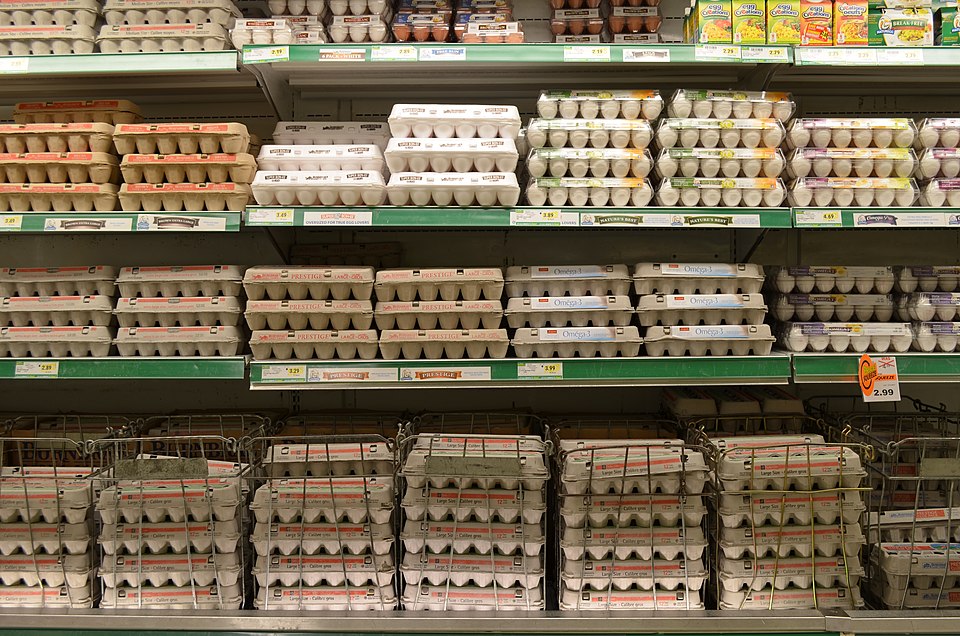
Prices in UK shops crept higher in August, with everyday staples like eggs, butter and chocolate seeing some of the steepest increases, according to new data from the
British Retail Consortium (BRC).
Overall, shop prices were up 0.9% compared with a year ago — the fastest pace since March 2024. But food told a very different story, rising 4.2% year-on-year, up from July’s 4% growth.
Mike Watkins, head of retailer and business insight at NIQ, said the rise came down to a mix of factors: higher global supply costs, seasonal impacts from weather, the end of discounts tied to summer sporting events, and rising running costs for retailers.
“As families return from their holidays, many will be reviewing household budgets as bills and food prices put extra pressure on spending,” Watkins noted.
Not everything went up, though. Prices for non-food items such as clothing, books, stationery and computing actually fell by 0.8% year-on-year, offering some relief to shoppers.
Still, the squeeze on essentials is being felt. Helen Dickinson, CEO of the BRC, said retailers are working hard to keep prices down but face a “£7bn wave of new costs” from last year’s budget, making the task much tougher.
The figures come on the back of last week’s inflation data from the Office for National Statistics, which showed UK consumer prices rising 3.8% in July — the highest rate in 18 months. Transport costs, especially air fares, were the biggest upward driver, while petrol prices also edged higher compared with last summer.
Core inflation, which strips out food and energy, stood at 3.8%, while services inflation — closely watched by the Bank of England — rose to 5%, up from 4.7% in June. Photo by Raysonho @ Open Grid Scheduler / Grid Engine, Wikimedia commons.




































